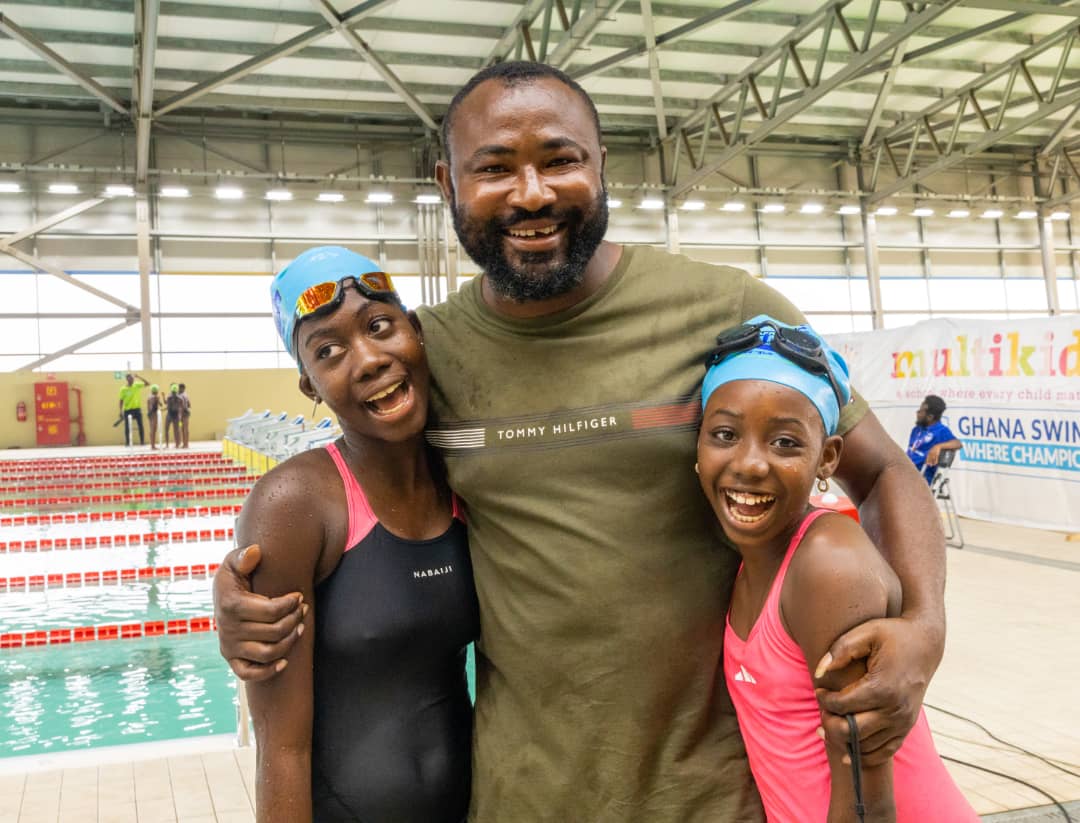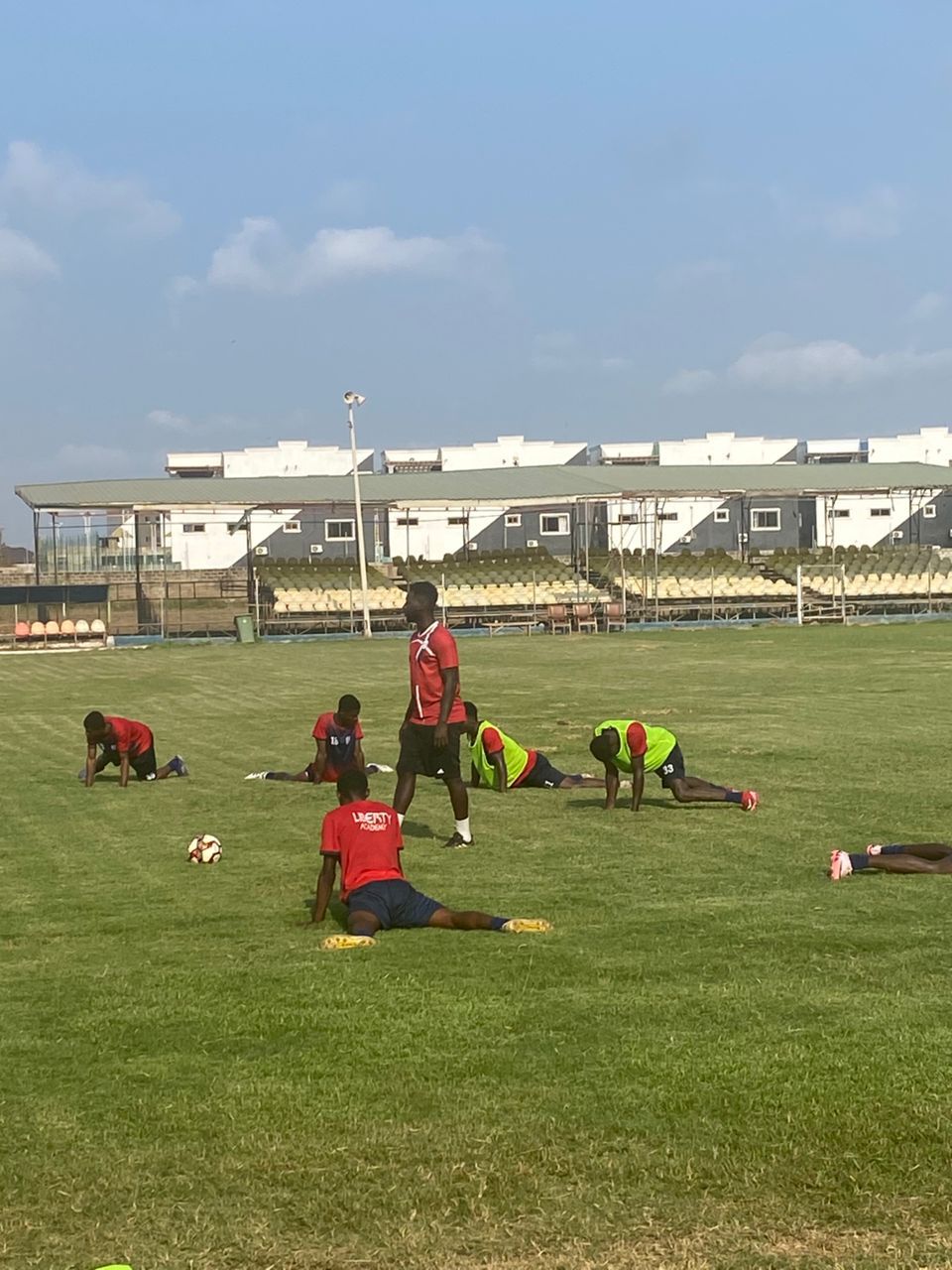Introduction
Lately, teachers and experts in Ghana and beyond have noticed that staying active can help children learn better. Among all exercises, swimming stands out—it works your whole body and mind at the same time! This article looks at how swimming lessons can improve school performance, using findings from important studies to show why it should be part of our school programs.
Swimming and Brain Growth
Studies prove swimming helps young minds grow fast. A big research project by Jorgensen and friends (2013) from Australia followed over 7,000 children under five in Australia, New Zealand, and the USA. Those who took early swimming lessons did better in thinking, moving, and talking skills—like explaining ideas, solving math problems, and remembering stories—compared to kids who didn’t swim.
Fitness and Brain Power
Swimming gets your heart pumping, sending more blood to your brain, which makes you sharper at remembering, focusing, and making decisions. Experts Hillman, Erickson, and Kramer (2008) say exercises like swimming improve how the brain works, especially for growing children. The way swimming moves both sides of your body together can also help with coordination and solving problems.
Discipline and Good Study Habits
Swimming lessons teach you to follow a routine, set goals, and wait for rewards—skills that help you do well in school too. The American College of Sports Medicine (2016) says sports like swimming help young people manage their time and stay focused. For example, a child practicing for swim races will get better at finishing homework or preparing for exams on time.
Friendship and Happy Feelings
Swimming builds teamwork, boosts confidence, and reduces stress. The CASEL group (2020) explains that these good feelings help kids do better in class. When swimming lowers worry, children can pay more attention and behave well, making learning easier.
Competitive Swimming and School Excellence
Swimming in competitions takes these benefits further. A 2003 study (Wikipedia, 2023) found that active kids, especially those aged 4–7 and 11–13, get better at noticing things, thinking smart, and doing well in school. In Spain, a study of 254 young swimmers (PubMed, 2023) showed that harder training linked to higher grades, especially for girls and long-distance swimmers. In Kampala, Uganda, more swimming sessions each week boosted school scores by 0.32 points (Science IJSAR, 2023). Even college swimmers in the USA average high grades—3.55 for boys and 3.70 for girls (YourSwimLog, 2023).
After swimming, your brain stays sharp for up to three hours, says a report by Cumming and New (Sports Think Tank, 2023). This, plus the discipline it teaches, helps in school. Joshua Yong, a Ghanaian-inspired student-athlete training for the Olympics, says managing time well is key to balancing studies and swimming (The University of Western Australia, 2023).
Fair Chances for All
Swimming can give every child a fair start, no matter where they come from. The CDC (2014) says learning to swim builds confidence and big dreams, especially for kids in tough areas, making it a great tool for education.
Simple Tips for Student-Swimmers
Here are easy ways for swimmers to balance school and swimming, perfect for Ghanaian students:
- Plan Your Day: Use a notebook or phone to write down swim times, classes, and rest, and check your goals every month.
- Work Ahead: Do homework during free school hours or on the way to practice, so it doesn’t pile up.
- Ask for Help: Talk to your coach or teacher about busy days, and get support from family or school tutors.
- Stay Healthy: Sleep 8 hours, eat good food like banku or rice, and take short breaks to relax.
- Grow Strong: Use the discipline from swimming to tackle schoolwork with confidence.
Conclusion
Swimming lessons are more than just exercise—they help your brain and schoolwork grow strong. From little kids to competitive swimmers, the evidence shows swimming can make learning better, build tough spirits, and give everyone a chance to succeed. Let’s push for more swimming in our schools! Future studies should look at how this works over time and for boys and girls differently.
References
American College of Sports Medicine. (2016). Youth sports and academic performance.
CASEL. (2020). What is SEL? Collaborative for Academic, Social, and Emotional Learning. https://casel.org
Centers for Disease Control and Prevention. (2014). Youth risk behavior surveillance.
Hillman, C. H., Erickson, K. I., & Kramer, A. F. (2008). Be smart, exercise your heart: Exercise effects on brain and cognition. Nature Reviews Neuroscience, 9(1), 58–65. https://doi.org/10.1038/nrn2298
Jorgensen, R., et al. (2013). Early-years swimming: Adding capital to young Australians. Griffith Institute for Educational Research.
Science IJSAR. (2023). Swimming frequency and academic performance in Kampala.
Sports Think Tank. (2023). Cognitive benefits of swimming. https://sportsthinktank.com
The University of Western Australia. (2023). Balancing sport and study.
Wikipedia. (2023). Physical activity and academic performance. YourSwimLog. (2023). NCAA swimmer GPAs. https://yourswimlog.com
Isaac Gyamfi
Swim Coach
Kumasi



